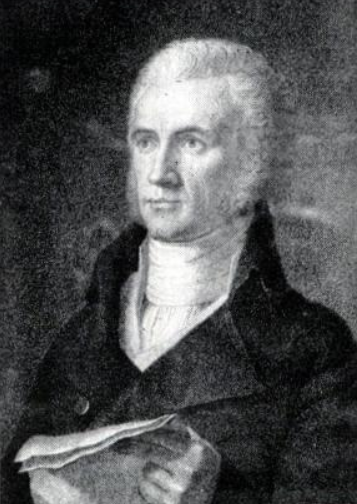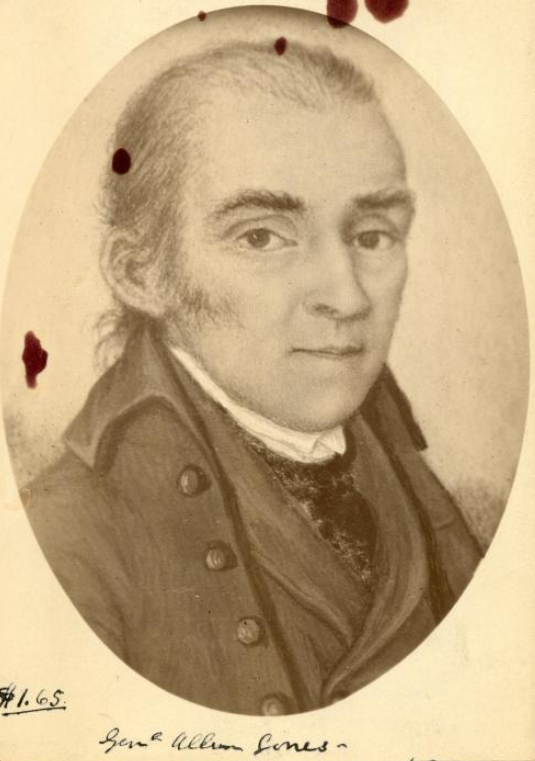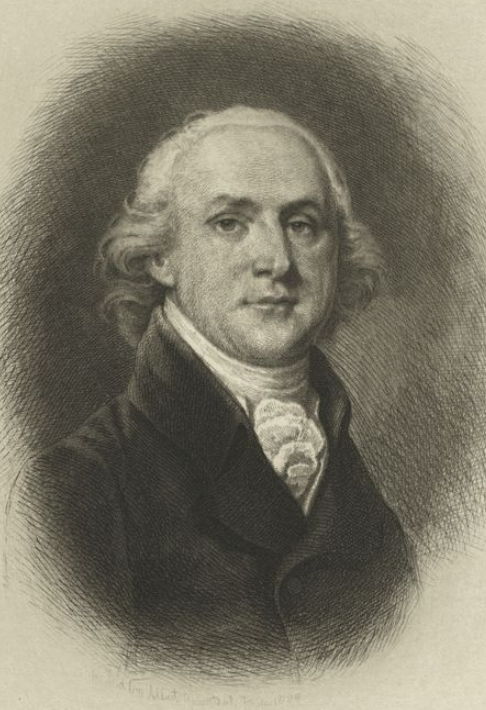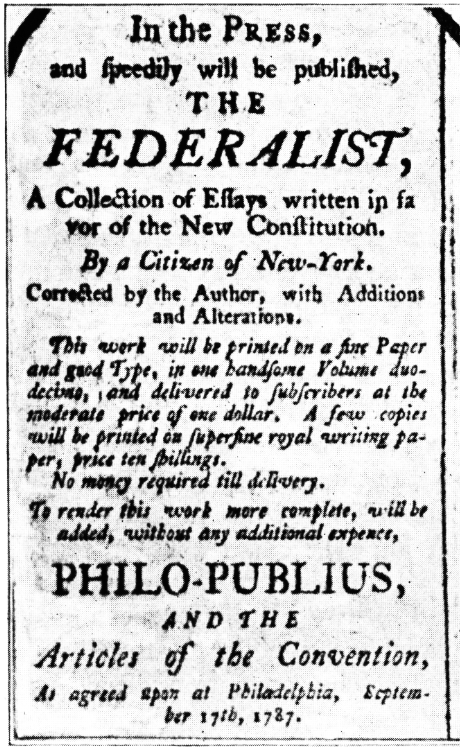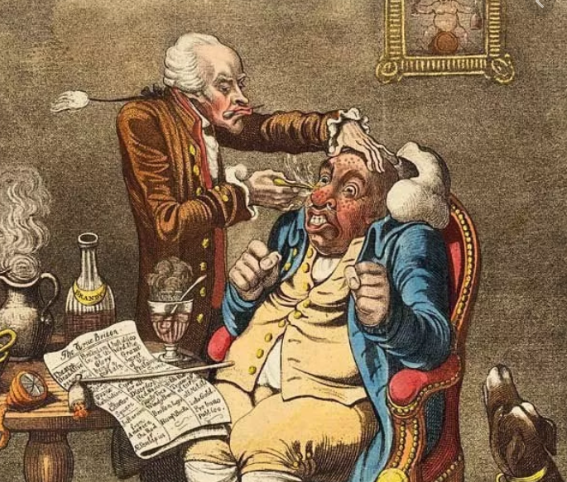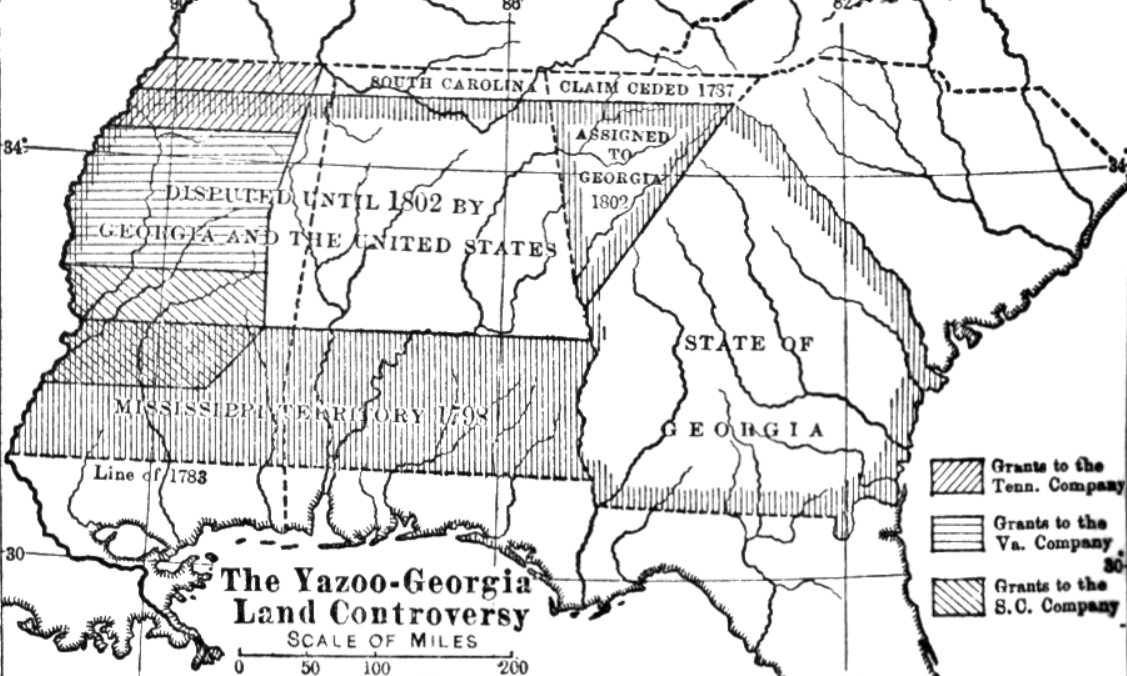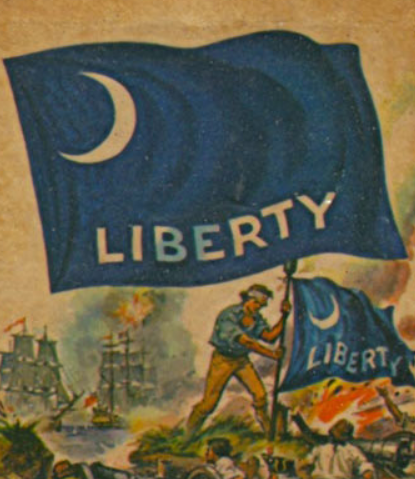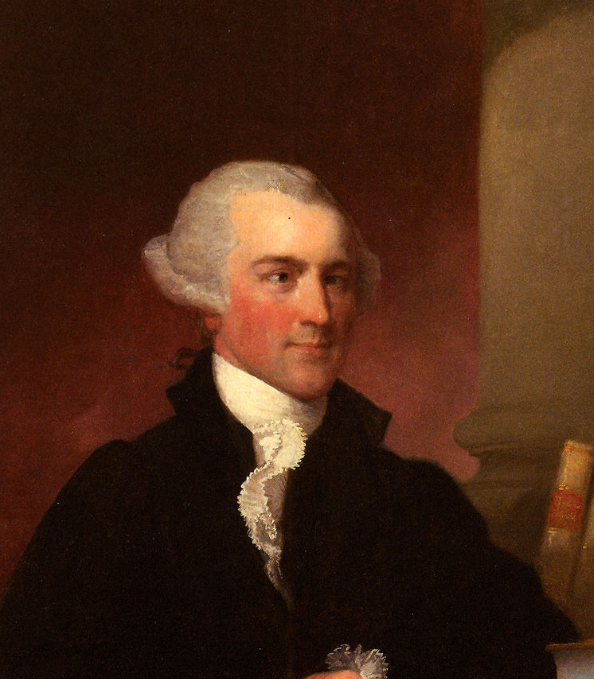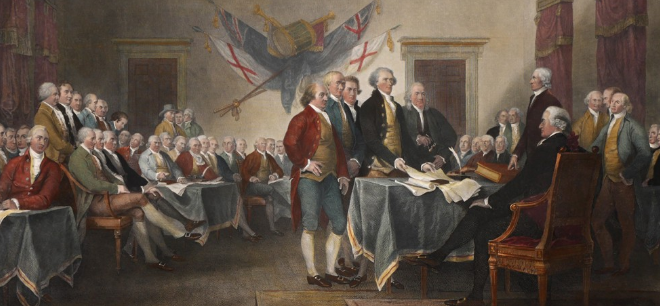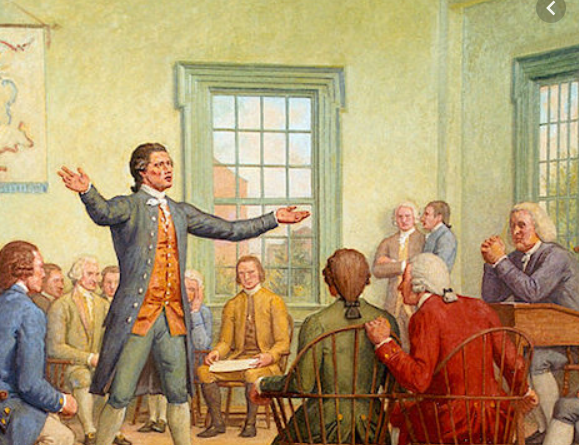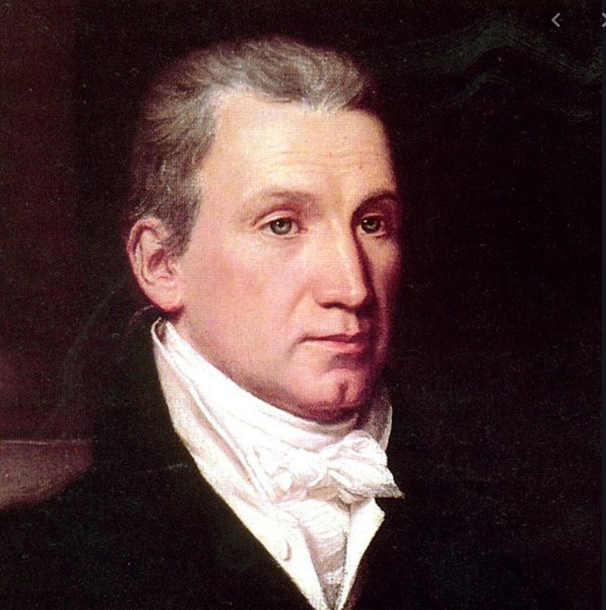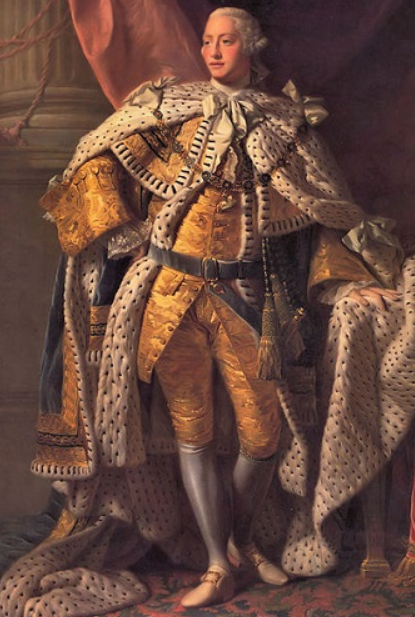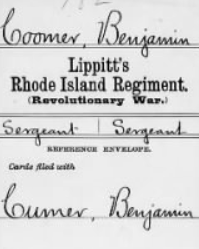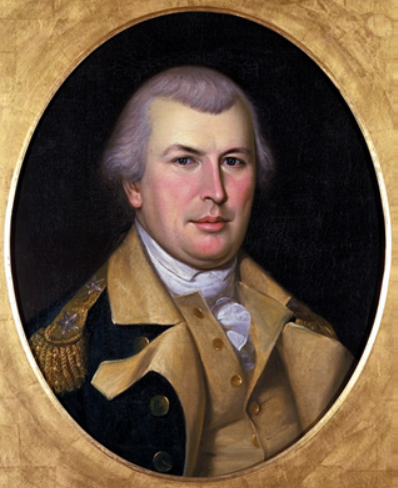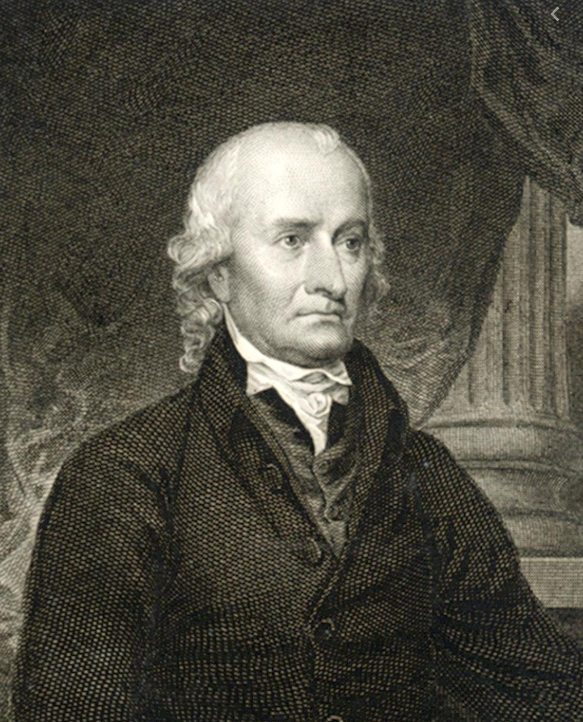William Richard Davie served at the Constitutional Convention, was Governor of his State and founded the University of North Carolina.
Charlotte Hornets in the Revolution - William Richardson Davie's Harassment
William Richardson Davie was a cavalry officer in the North Carolina Militia years before attending the Constitutional Convention.
Breadfruit Seeds From Jefferson - Allen Jones and the Halifax District Brigade
Allen Jones was a Brigadier General in the North Carolina Militia during the Revolutionary War.
Revolutionary Brethren - The Sons of John Mercer
John Mercer passed away just before the Revolutionary War began, but his sons became active participants in the American Founding.
Who Controls a Republican Government? - Federalist #46
In Federalist #46 James Madison continues his discussion on the powers of the State vs Federal Government.
Founding Physicians - The Top 10 Doctors of the American Revolution
Physicians in the American Revolution affixed their signature to all of the major documents, acted as Surgeons and many even went into the heart of battle.
The Yazoo Land Fraud - Fletcher v Peck
The Yazoo Land Fraud was a massive scandal that involved the sale of modern Alabama and Mississippi.
William Parker Just Kind of Finds Four Hundred Thousand Dollars
William Parker was Treasurer of South Carolina during the American Revolution.
Defending the Massacre - The Arguments of Josiah Quincy
Josiah Quincy was an active writer against Parliament’s hostile taxes in pre-revolutionary Boston.
Edward Holyoke was Harvard’s President during the years that many of the most notable Founders from Massachusetts attended.
Does the Constitution Make the State Governments Obsolete? - Federalist 45
In Federalist #45 James Madison discusses the amount of power left to the separate States under the Constitution.
2019 American Founders Draft Rankings
This is my annual list of the top 99 most important American Founders.
Samuel Dick Goes Off in an Extraordinary Manner
When Samuel Dick left the Continental Congress, it helped influence the other Founders’ belief that a new government was needed.
Revolutionary Artist - Francis Hopkinson Designs The American Flag
Francis Hopkinson may have signed the Declaration of Independence, but his most important contribution to the Founding Generation was designing the American Flag.
James Monroe at War - The Youthful Service of a Future President
It is easy to forget that, before he was President, James Monroe was a young man who fought bravely during the Revolutionary War.
Revolutionary Georges - Founders with a Familiar First Name
Which Georges were most important to the American Revolution?
Reader Request - Benjamin Coomer
Benjamin Coomer was a Minute Man who went to Boston in the aftermath of Lexington and Concord before joining the Continental Army in Lippitt’s Regiment.
Restricting the States - Federalist #44
Federalist #44 is the final installment of a series of Papers in which James Madison discusses the powers of Federal Government.
The Financial Ruin of an American Legend
Nathanael Greene was a hero of the Revolutionary War who fell into debt using person loans to feed and clothe his men.
Hugh Williamson Gets Thrown A Surprise Tea Party
Although Hugh Williamson is best known as a signer of the Constitution, he just so happened to be passing through Boston when a certain Tea Part erupted.
